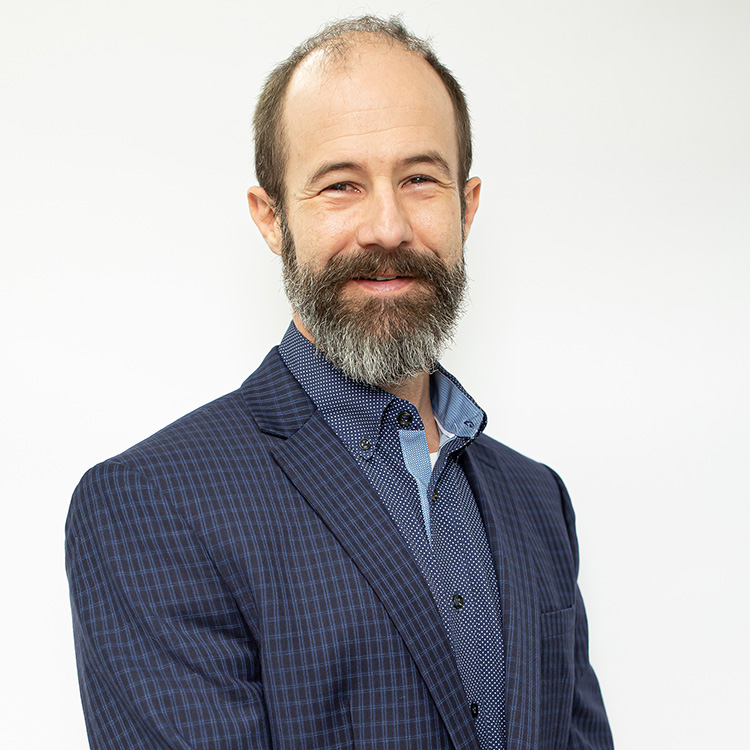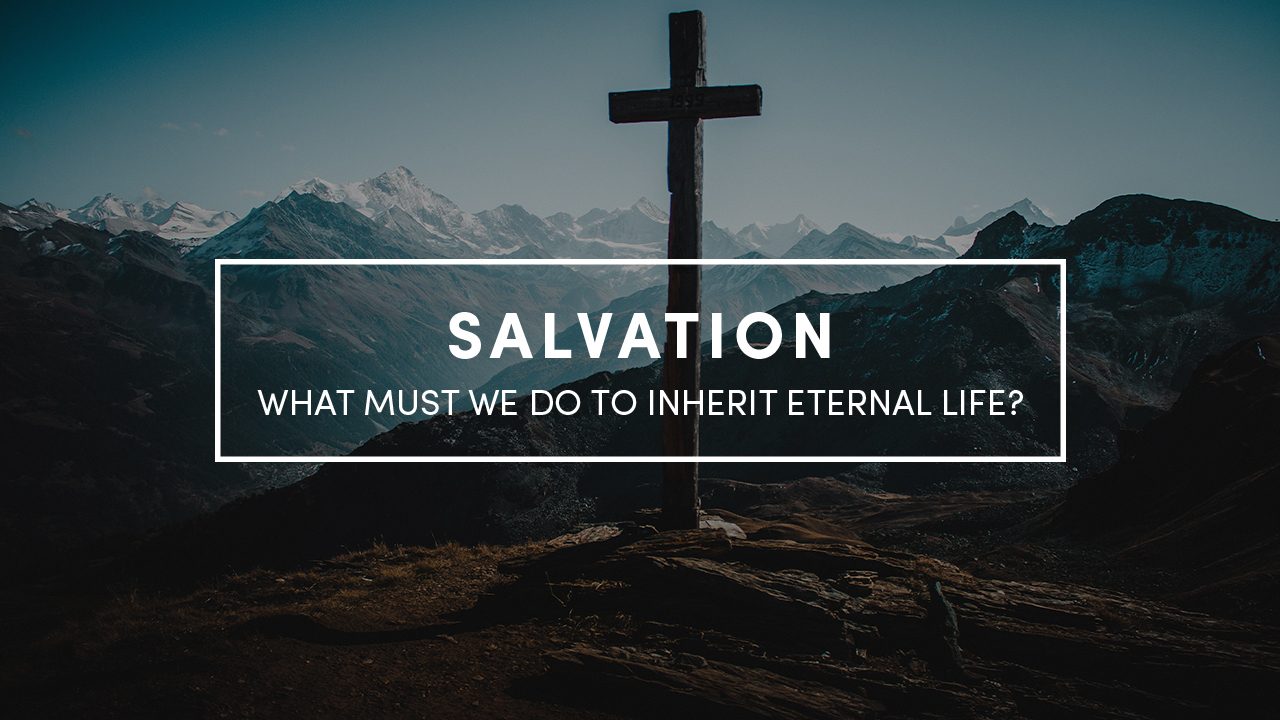How many sermons have we heard on salvation and the invitation to eternal life? If you grew up in the Church like me, you have probably heard more sermons about salvation than you can even remember. Perhaps some of them made a lasting impression on you. I pray that they did and that those past lessons have blessed you. However, this blog would not lead to much prayerful contemplation guided by the Holy Spirit if we stop the discussion at this point.
The New Testament rejects the idea of us earning God’s favor by works. The Gospel places its emphasis on salvation by grace through faith (Ephesians 2:8-9; Galatians 2:16; Romans 4:1-12). Therefore, many people have been led to believe that the Old Testament teaches that people could merit salvation by obeying the Mosaic Law. However, the Bible narrative illumes that this is not the case.
Old Testament theology highlights Israel’s condition. For example, let us examine Exodus 4:22-23a (LEB).
And you must say to Pharaoh, ‘Thus says Yahweh, ‘Israel is my son, my firstborn.’ And I said to you, ‘Release my son and let him serve me,’ but you refused to release him.
The Scripture above provides two underlying facts. One, Israel is Yahweh’s firstborn son. Two, God’s son is imprisoned, rather, enslaved to someone other than Yahweh. Therefore, God’s son is unable to serve Him.
Psalm 2 confirms these theological points.
I will tell the decree; Yahweh said to me: “You are my son; today I have begotten you. Ask from me, and I will make the nations your heritage, and your possession the ends of the earth” (LEB).
Both texts we have examined to this point confirm Yahweh’s selection of Israel as His son before the Mosaic Law being given or referenced as a condition of God’s choosing of His people. The Law was given to God’s people after His gift of salvation from their enslavement. We find the Passover event of salvation in Exodus 12. Passover is memorialized every year by God’s people, reminding them of God’s gift of salvation. The Law follows as the conduct God’s people follow due to their allegiance to Yahweh. The Law points to Israel’s inability to walk with God. Not a single day passes in the course of ordinary life when Israel is not reminded of their imperfection and impure status in the sight of our holy God.
The vassal covenant entered between Israel and Yahweh in Exodus chapters 19-24, including the “Book of the Covenant,” outlines how God’s people are to act concerning God and the world. Israel had a clear understanding that living according to God’s Law and maintaining the purity of sacrificial worship required great human effort. Therefore, Israel knew that salvation was not a purely passive gift. God’s rescue of Israel from Egyptian enslavement provided them the ability to serve Yahweh. It did not offer them a pass to eternal reward with nothing to do in the meantime.
Sadly, Israel’s agreement when Moses asked for their confirmation of the covenant with Yahweh, “We are willing to do all the words that the LORD has said” (Exodus 24:3), did not penetrate Israel’s hearts. God definitively states through Hosea the reality of Israel’s breach of His covenant with His people whom He freed from enslavement, enabling them to serve Him for the sake of the world (the nations).
When Israel was a child, I loved him, and out of Egypt, I called my son. When I called them, they went from my face. They sacrificed to the Baals, and they sacrificed to idols (Hosea 11:1-2 LEB).
Faith was essential for Israelites to stand in right relationship with God. Israelites had to believe in Yahweh, the God of Israel, as the true God, superior to all other gods. In doing so, the fruit would be produced in their lives from their loyal worship of only Yahweh. The covenant included specific promises believed by faith. Faith involved obedience. God gave Israel the Law to distinguish them as His unique possession of humanity on earth (Exodus 20-23; Leviticus 10-11). An Israelite believing in her status as a child of God produced fruit by obeying the Law. Faith in Yahweh and loyalty to Yahweh were both part of salvation, a right relationship with God, in the Old Testament. Israelites could not be rightly related to God, employing only one.
God has never been willing for humanity to ultimately fail, leading to a permanently broken fellowship with God. God has always provided the entire means of forgiveness, the sacrificial system of the Old Testament and the Messiah of the New Testament, through His grace.
God realizes the breached covenant with His son Israel must be healed from the human side of the agreement. Therefore, a replacement Son of God enters humanity as the incarnated second person of the Trinity (John 1:1-4).
And he was there until the death of Herod, in order that what was said by the Lord through the prophet would be fulfilled, saying,
“Out of Egypt, I called my son” (Matthew 2:15 LEB)
God provided a new Israel, a new human covenantal partner. “And a voice came from the cloud, saying, ‘This is my Son, my Chosen One. Listen to him!’” (Luke 9:35). Jesus modeled human life that is loyally obedient to God. Jesus was loyal to His Father and His plan for humanity. Discipleship is how we show we love Jesus and love the Father. It is not about earning God’s love. It is how we thank Jesus for accomplishing God’s plan to save us. It is not about replacing or supplementing what Jesus did for our salvation. It is how we show we believe in what Jesus did for our salvation (James 2:14-26).
Every other religion either denies sin is a problem or says the solution is human performance: repeating rituals, saying prayers, observing religious days or otherwise being good. To be blunt, only the Gospel is honest about the human situation and human inability to do a thing about it. Other religions, in effect, lie to people. They tell people that they can fix the problem of their distance from God, or that they do not have a problem. The Gospel is the only truth that tells us that God had to provide the solution and that He provided it.
Today we recognize the new Passover meal and the new covenant in the blood of Christ Jesus at Communion (koinonia), the Lord’s Supper (Thursday night in the upper room), the Eucharist (thanks), and Mass (go out). We celebrate what the Son and chosen One accomplished for us all, namely, that our enslavement to sin and death was just as bleak if not more so than the bondage of the Hebrews to Pharaoh. Jesus healed the vassal covenant breach by becoming human (Philippians 2:1-11) and sustaining a right relationship with God throughout His entire life, providing blood from humanity to match the blood sprinkled on the altar at Sinai (Exodus 24:6-8). Jesus, as the new Israel and new human, stayed loyal to the Father, showing the world what true humanity in the right relationship with God looks like, acts like, sounds like and how it dies.
Therefore, the Old Testament frames salvation the same as the New Testament. Works are essential to salvation (James 2:14-26), but works were never the meritorious cause of salvation. Works are the fruit that comes from a loving, loyal relationship with God. God owes salvation to no one because of their works. However, synchronizing Ephesians 2:8 with James 2:17 might emphatically refine a life-long question for some people. “For by grace, you are saved through faith, which, without works, is dead.” Salvation comes by faith in Christ (faith’s object), which produces works. Old Testament salvation can be framed the same way, though the object of faith is different (Law). The means of restoring fellowship with God has always been an extension of God’s grace.
Our ultimate destiny is our permanent, legitimate membership in God’s eternal family. In the end, we belong in God’s family, thanks to Jesus. It is what the Triune God has wanted from the very beginning. Thanks to Jesus Christ, our eternal citizenship in the Kingdom of God is already (Philippians 3:20) and still comes in completeness with the redemption of all things (Romans 8:18-25).
Welcome to the new covenant in Jesus’ blood. Welcome to eternal life. Jesus provides us the ability to do Kingdom evidencing work together for the sake of the world. Let’s get to it!May the Lord continue to bless you as a gift evidencing God’s future for the world in the present.

Dr. Stan Wilson is originally from Tennessee. He currently lives in Mount Juliet with his wife, Cheryl. They met in high school at David Lipscomb. Stan attended Lipscomb from first grade through his M.Div. and is known as a “lifer.” He is also a certified spiritual director from Lipscomb’s Institute of Christian Spirituality. Stan is the Minister of Christian Formation at Hendersonville Church of Christ in Hendersonville, Tennessee, where he focuses on Adult Education. He preaches every other month and teaches every Sunday, Tuesday, and Wednesday. He holds a Ph.D. in Biblical Studies of the Old Testament and Hebrew from Amridge University’s Turner School of Theology. In his free time, Stan is an avid cyclist and enjoys riding for detoxing and prayerful listening. Stan and his wife have been background extras in multiple seasons of The Chosen series and have supported the series financially since 2019.


